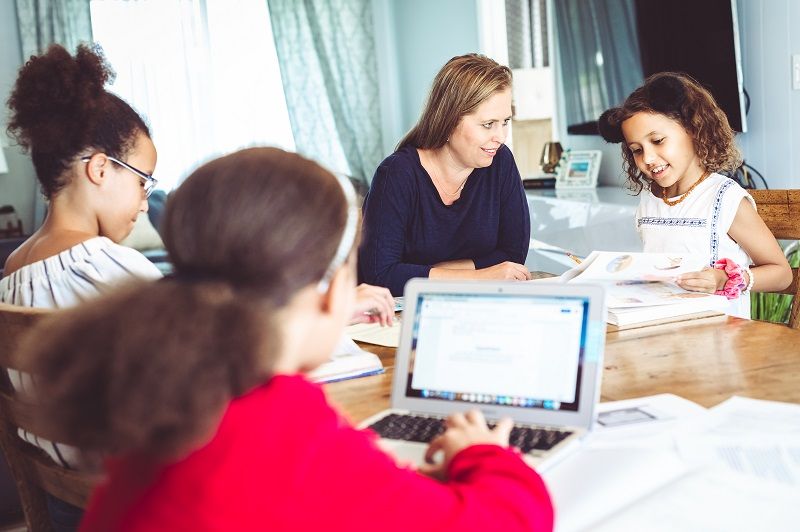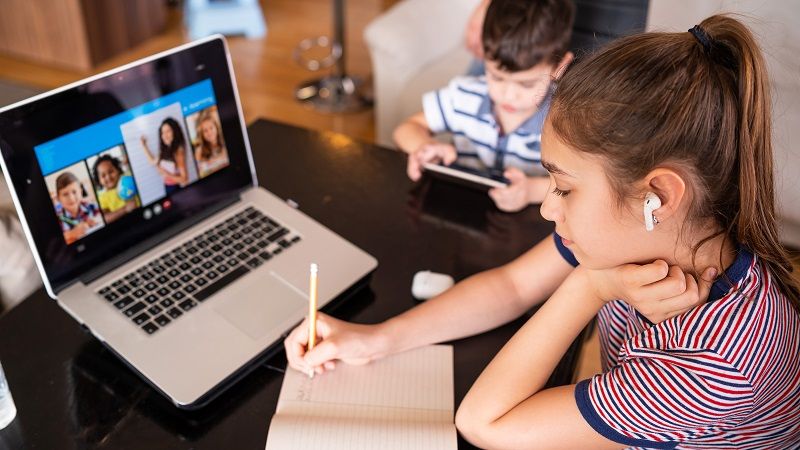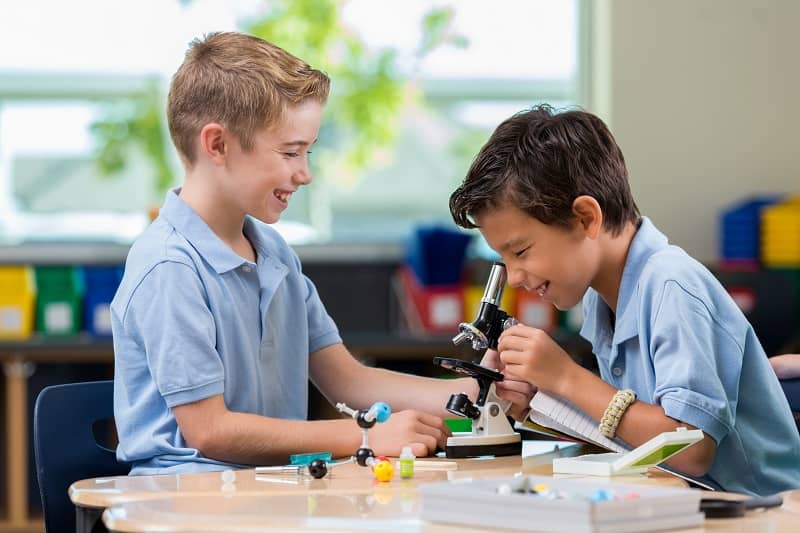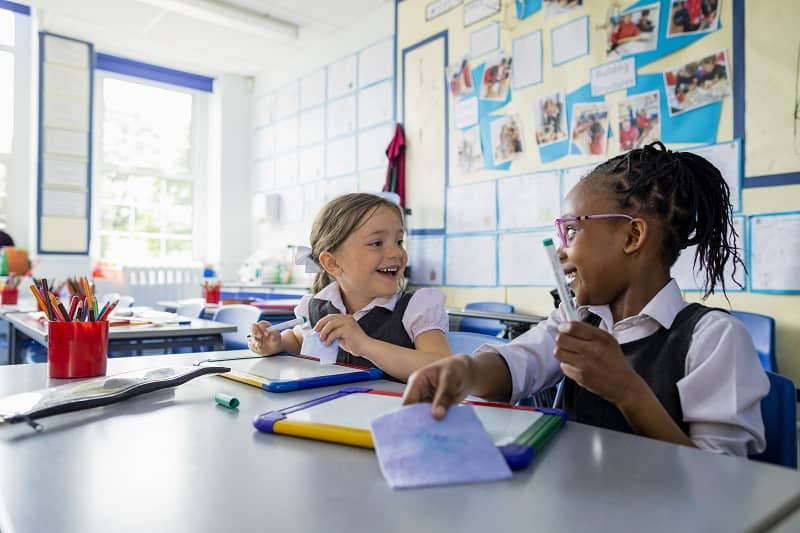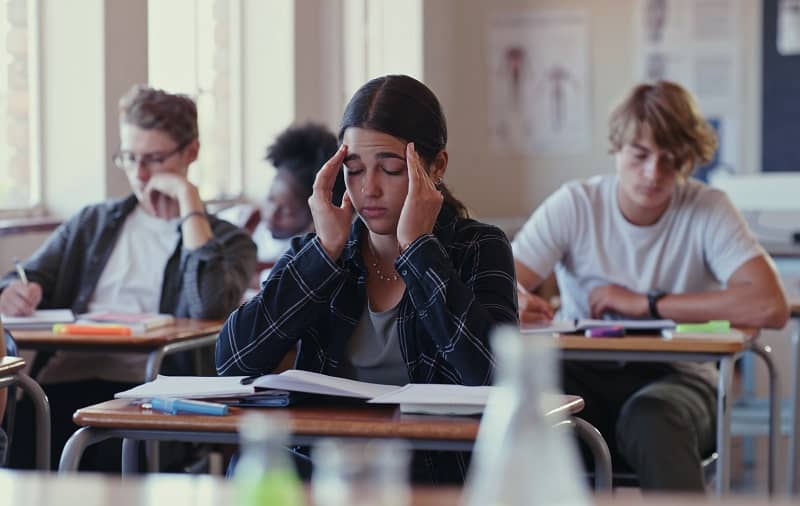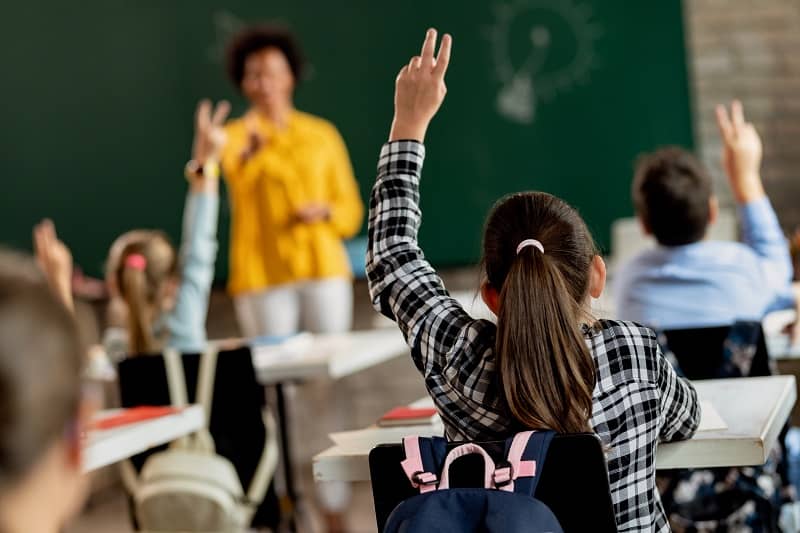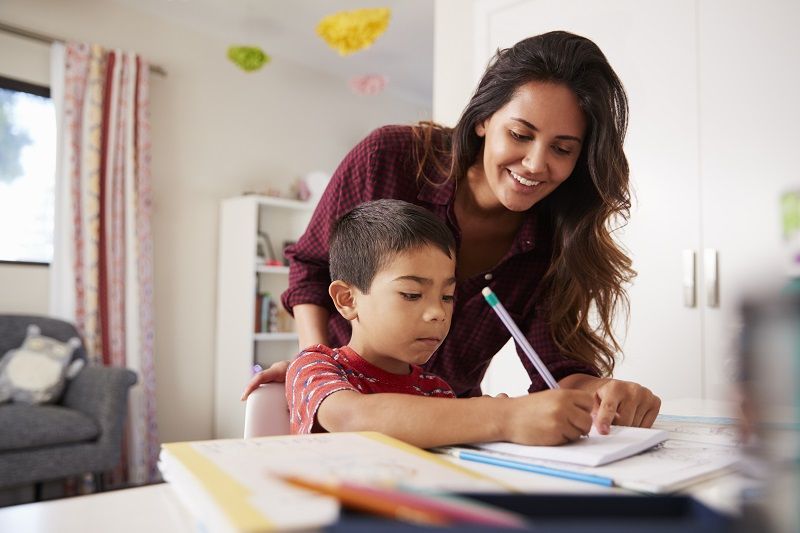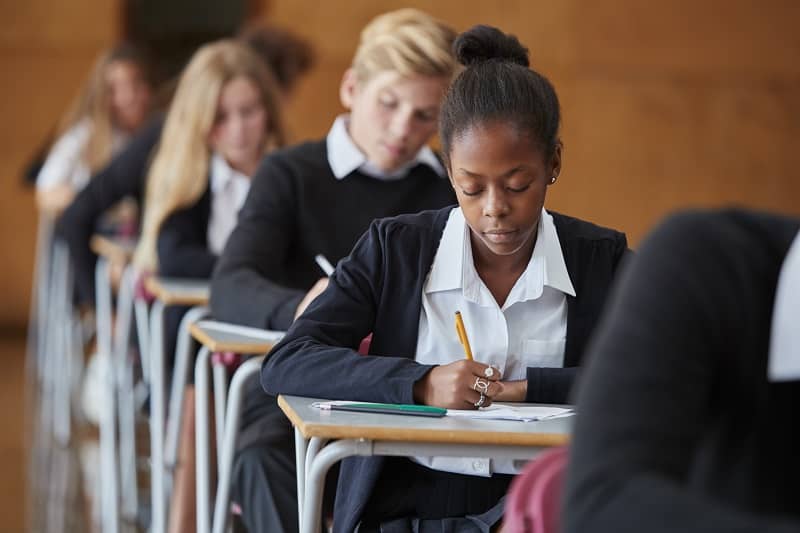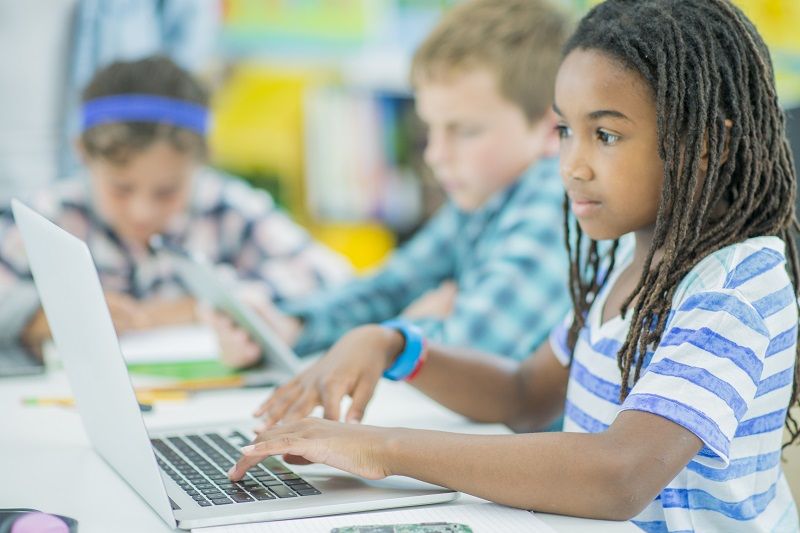By Cooper Conway
Last week, the United States officially surpassed 4 million documented coronavirus cases. With only a few weeks before students return to school, parents in Oregon are scrambling to find—or create—a safe and effective learning environment for their children.
Of the options available, some parents believe they have found the best solution for their family with micro-schools.
Micro-schools are small groups of children that learn at home. The parents of children in micro-schools pool their resources to hire a teacher, or instead become teachers themselves by obtaining teaching materials through homeschooling programs.
However, some families cannot afford a private teacher’s salary, even if they pool their funds with other parents. Parents who can’t or won’t send their children to public schools deserve to get their kids’ share of state instruction funds.
It’s a matter of equity. If public schools can’t safely and effectively provide education, the funds should flow to families so they can find a solution that works for them and their children. Putting schooling funds directly into the family’s hands allows for maximum flexibility when the local government school is unable to provide an option that parents feel comfortable with.
Parents know what options are best for their children, and Oregon lawmakers should allow all families, not just wealthy ones, to have the same access to those options.
Cooper Conway is a Research Associate at Cascade Policy Institute, Oregon’s free market public policy research organization.
Click here for PDF version:
